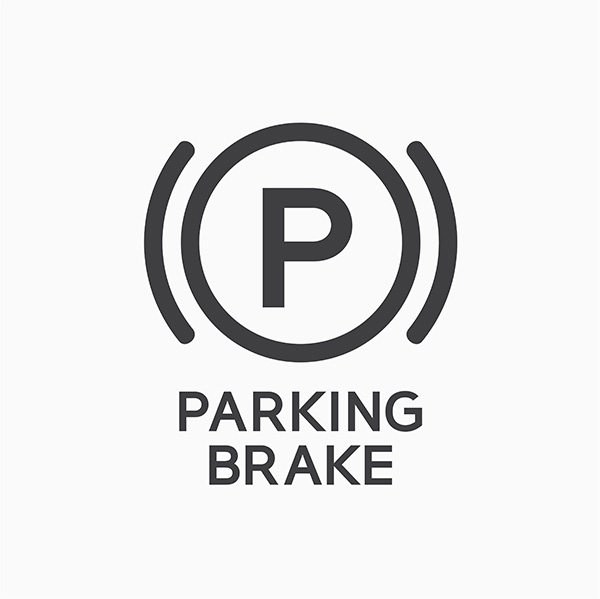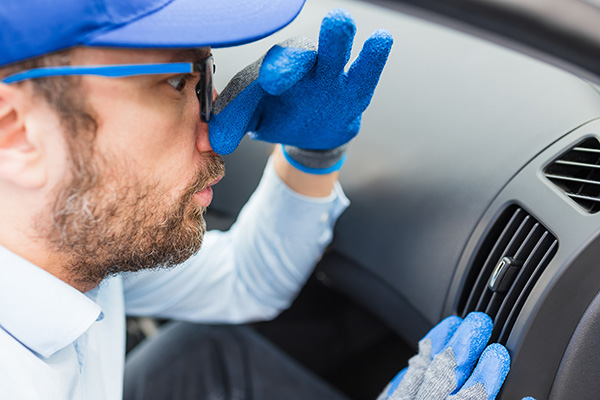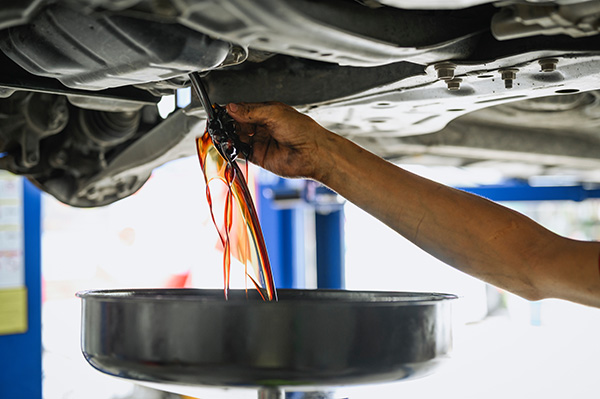Posted on 3/28/2025

You pull out of your driveway, and something feels off—but you don’t think much of it until you see that glowing brake warning on your dashboard. Then it hits you: you forgot to release the parking brake. Maybe you caught it early, maybe you didn’t—but now you’re wondering if any damage was done. It happens more often than people admit. Whether it’s a manual handbrake or an electronic button, driving with the parking brake engaged (even slightly) can affect your car in more ways than you’d think. Sometimes, the consequences are mild. Other times, they can get expensive—fast. How the Parking Brake Works Your parking brake—also called the emergency brake or e-brake—is designed to keep the car stationary when parked. In most vehicles, it bypasses the hydraulic brake system and operates mechanically, either with a cable or electronic motor that applies the rear brakes. When it’s fully engaged, it holds t ... read more
Posted on 2/28/2025

Your car’s air conditioning should keep you comfortable, not make you cringe every time you turn it on. If a bad smell is coming from the vents, it’s more than just a nuisance—it’s a sign that something isn’t right. Whether it’s a musty odor, a chemical scent, or something downright foul, these smells often point to underlying issues that won’t go away on their own. So, what’s causing that unpleasant odor, and how can you get rid of it for good? Musty or Moldy Smell A damp, musty odor is one of the most common A/C smells, and it’s usually caused by mold or mildew buildup in the system. Moisture can accumulate in the evaporator core or air ducts, creating the perfect environment for bacteria and mold growth. How to Fix It: Turn off the A/C but leave the fan running for a few minutes before shutting off the car. This helps dry out excess moisture. Replace the cabin air filter, as old or clogged f ... read more
Posted on 1/31/2025

Regular oil changes might feel like an inconvenience at times, but they’re an essential part of keeping your vehicle in top shape. Engine oil lubricates the engine's moving parts, preventing overheating and reducing wear and tear. But what happens when you skip this maintenance step? The answer could mean trouble for your engine and your wallet. Let’s talk about the consequences of neglecting oil changes and why staying on top of this simple task is so important. The Role of Engine Oil in Your Vehicle Engine oil does more than just lubricate parts—it plays a crucial role in maintaining your car’s overall health. It reduces friction between moving parts, prevents overheating by dissipating heat, and captures debris, dirt, and metal particles that could damage the engine. Over time, however, oil breaks down and becomes contaminated, losing its effectiveness. That’s where regular oil changes come in, ensuring your engine con ... read more